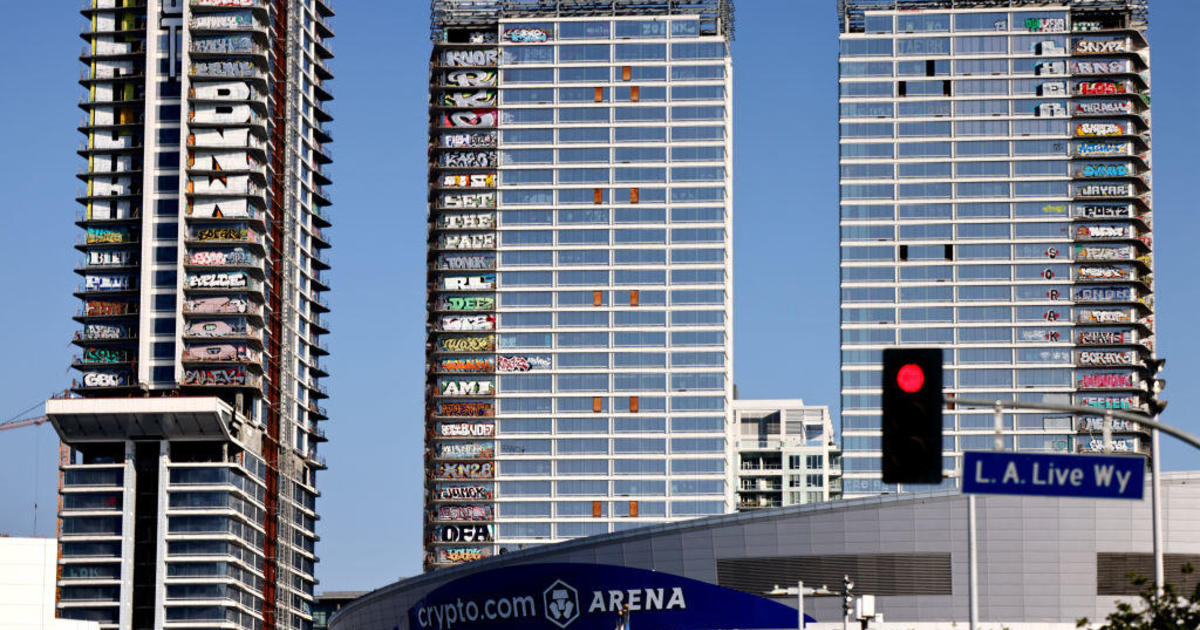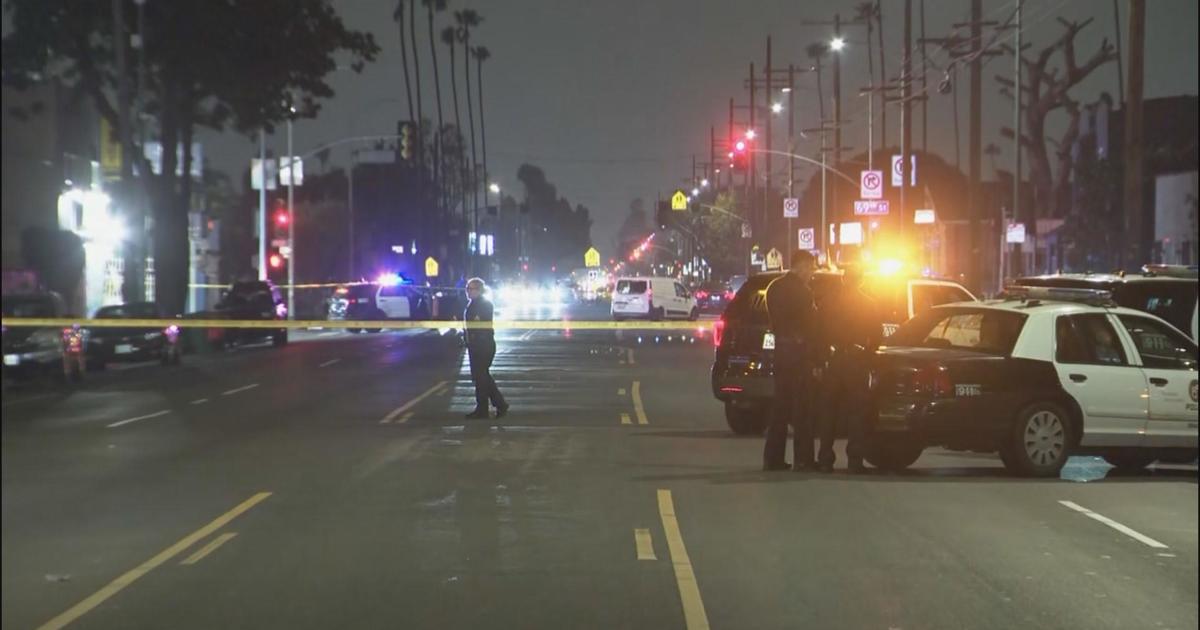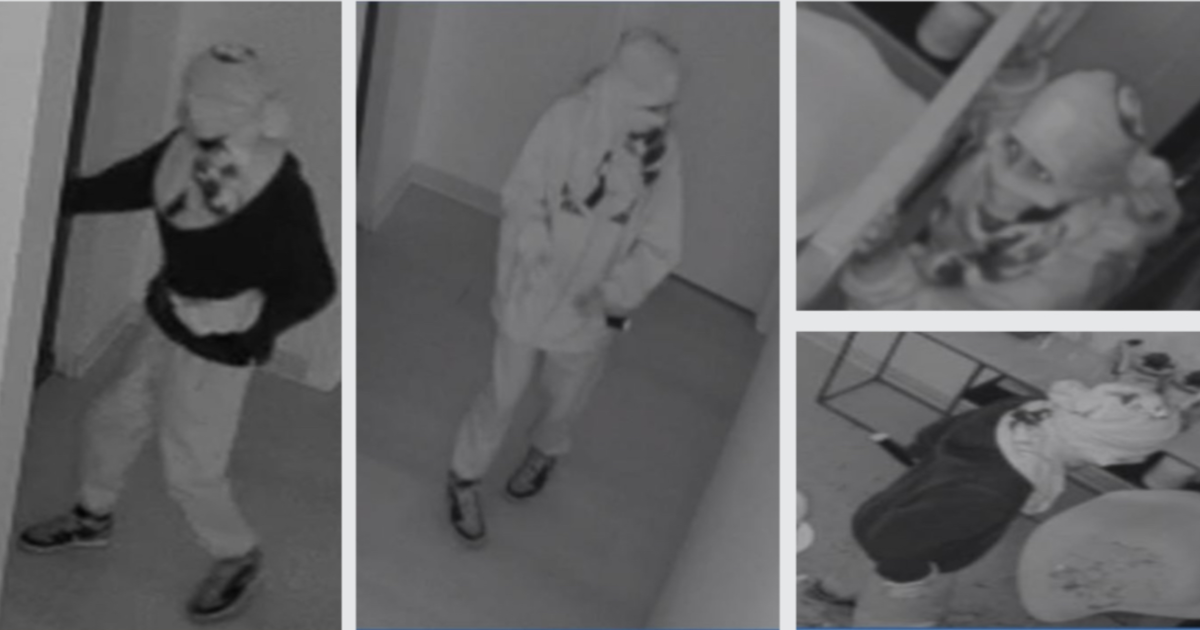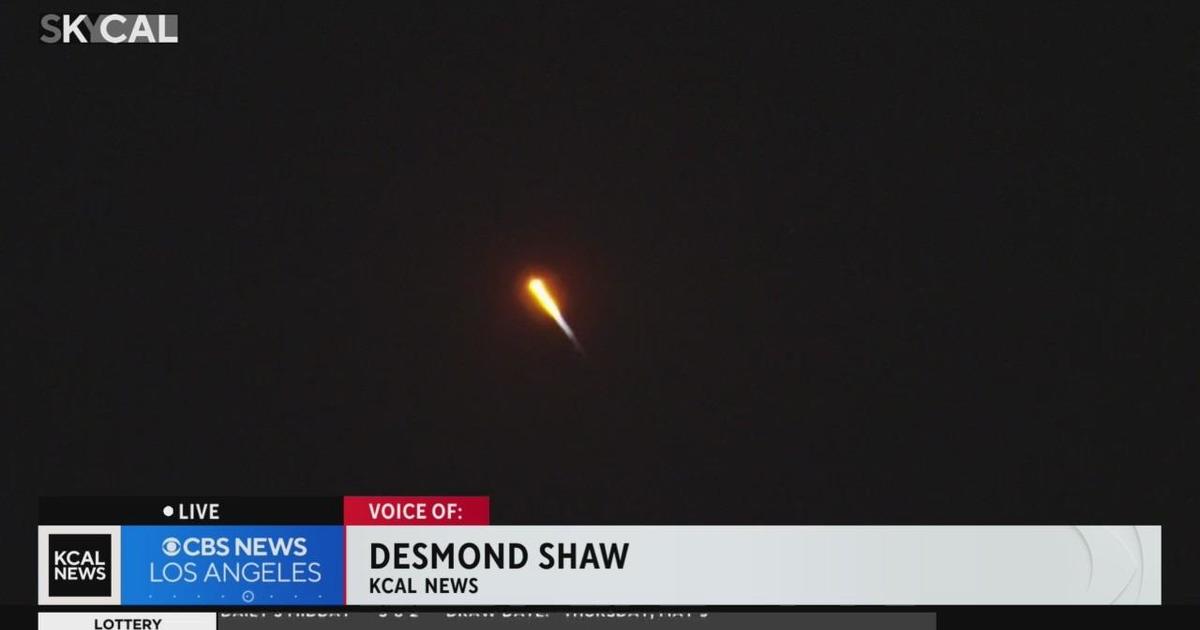Online Help Desk Provides COVID-19 Information For Filipino Community
LOS ANGELES (CBSLA) — It has been well documented that the coronavirus pandemic is taking a toll on Black and Latinx communities, but they're not the only ones experiencing disproportionate impacts in Los Angeles County.
"We quickly realized that there's nothing really out there that's culturally tailored to this community, that is written with these folks in mind," Leezel Tanglao, the chair person of the Filipino Young COVID-19 Task Force, said.
Tayo, which means "us" in Tagalog, the Filipino language, is a virtual COVID-19 help desk created by a group of young leaders from Southern California's large Filipino American community with the goal of providing reliable and discreet information.
"It's basically a group of people that are experts in these different fields — whether it's in medical or mental health, housing, immigration — that could help answer those questions," Tanglao said.
The project, funded by a Booz Allen Foundation Grant, is meant to address gaps in information that are sometimes fueled by cultural norms.
"The cultural barriers we often see is things like 'ya,' which means shame," Tanglao said. "They're afraid to ask for help. They are too shameful to let people know that they're sick."
California has the largest Filipino population of any state, according to a recent American Community Survey, many of whom work in the medical field.
According to the California Nurses Association, 20% of nurses in the state are of Filipino descent, but at one point made up 70% of COVID-19 deaths in the profession.
"My brother works at a healthcare facility, and my sister-in-law does, too," Peter Gonzaga, whose cousin passed away from COVID-19, said.
Gonzaga, who is not in the medical field, contracted COVID-19 in July. He believes he got the virus from a friend who works at a hospital.
Both Gonzaga and his friend recovered, but his cousin, who worked at a local hospital, did not.
"With the Filipino community, a lot of family members are so close, and multi-generational and so forth, or you are taking care of an aunt of uncle that might be sick," he said.
The project currently only operates in Los Angeles, but Tanglao said the group hopes to expand to other cities with significant Filipino populations.




